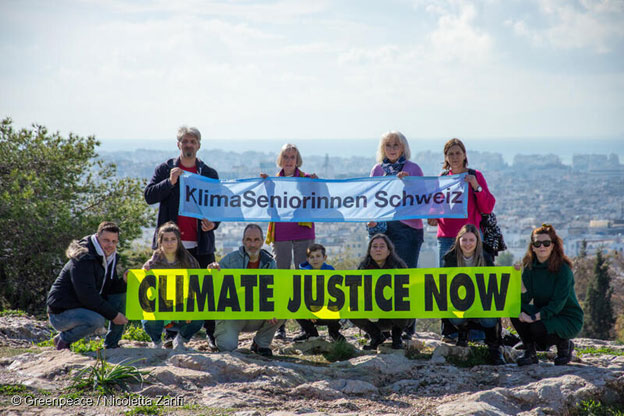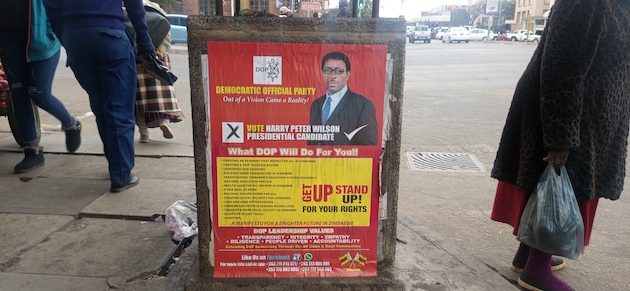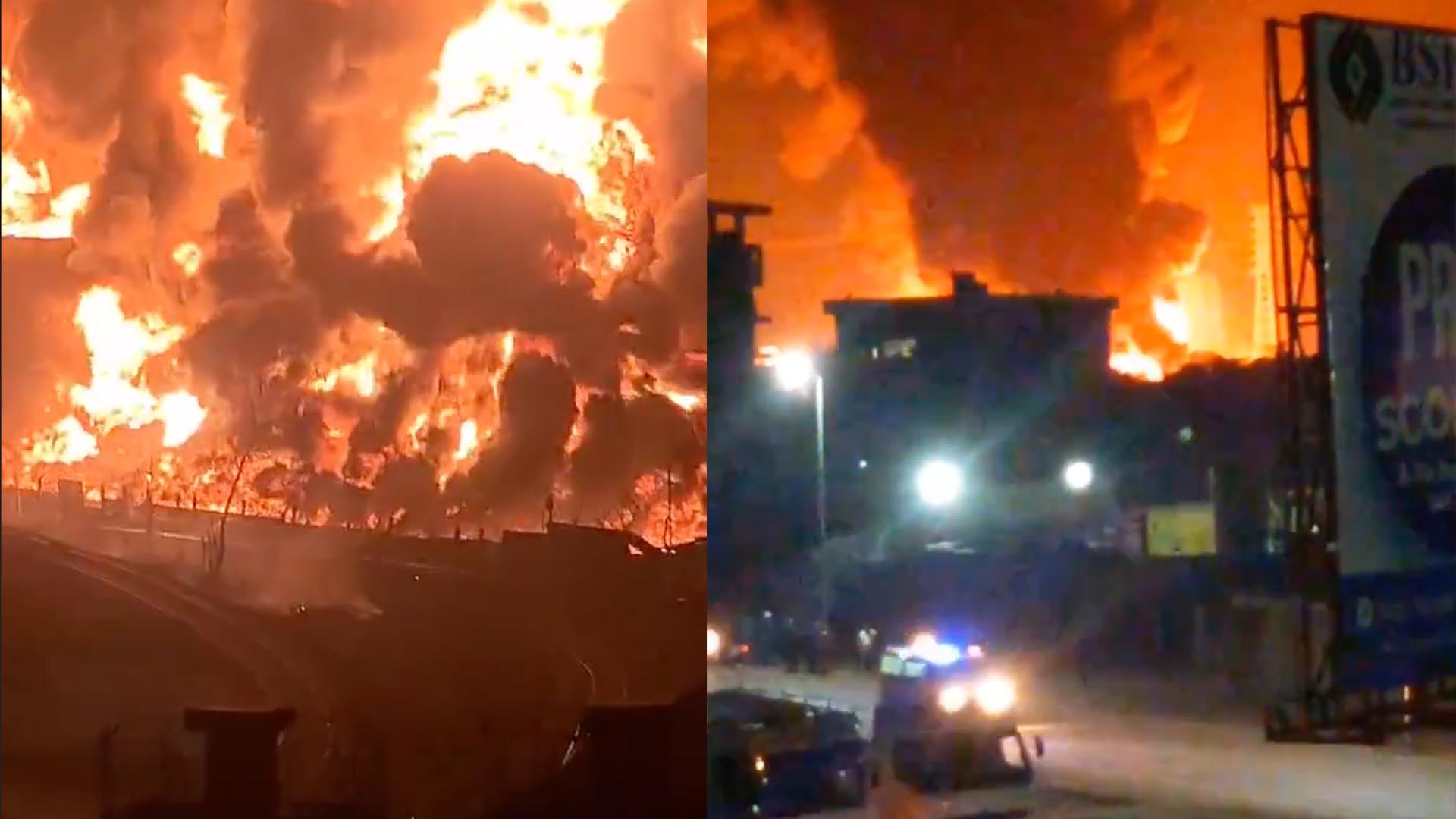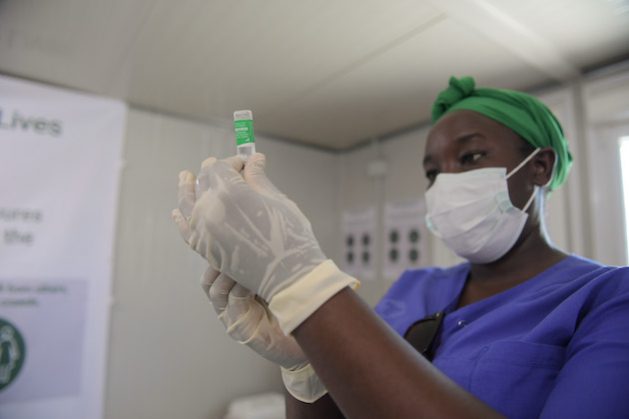May the Race for Climate Justice Leader Begin — Global Issues
AMSTERDAM, Sep 07 (IPS) – Super-charging efforts and setting a fresh direction for the next phase of climate policymaking is what’s urgently needed and on offer this month during the 78th UN General Assembly in New York, as mass heat waves, devastating wildfires, fatal floods, and withering droughts continue to wreak havoc across continents.
These extreme weather events, alongside geopolitical tensions, expose how fundamental it is for the world to have solutions inexplicably based on climate justice, collaboration and international cooperation to address ongoing impacts and to prevent future polycrises.
If we are to live up to the theme of this year’s UNGA debate of “Rebuilding trust and reigniting global solidarity”, we need to stop pitting the urgent fossil fuel phaseout against who should pay for climate impacts around the world. It’s a false choice as we need both, and we need to act for the global common good.
Climate justice means both the end of the era of fossil fuels, through a green just transition, and holding country and corporate polluters responsible, legally and financially, for the harm caused by climate change.
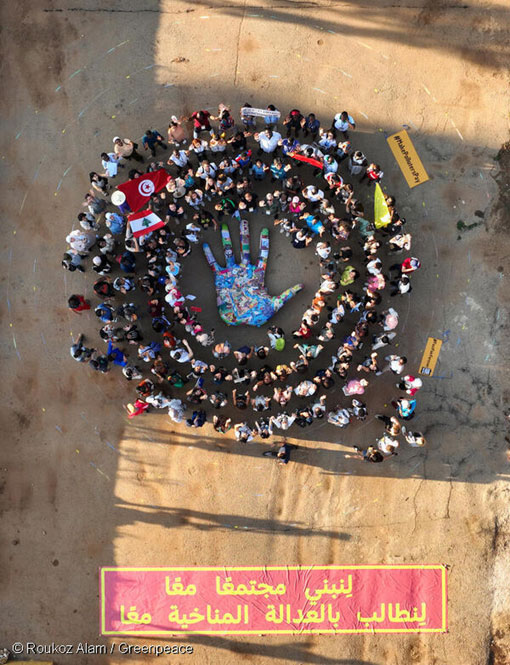
The climate justice bill can start to be settled by rich countries making good on their long standing $100 billion per year climate finance promise, and committing to scale up further.
Also, by governments introducing taxes to ensure the fossil fuel industry, and other major polluters, pay for the destruction and harm they have caused. The ‘big five’ oil and gas companies, for a start, had 2022 profits of $200bn.
This more accurate meaning of climate justice is essential and global since climate impacts don’t respect borders. Take the devastating wildfires in Canada in June, when New Yorkers all over the state were enveloped in smog and more than 50 million people were put under air quality alerts across the US.
Or how India, the world’s largest rice exporter, brought in a ban in July on the staple, which dozens of countries especially in Asia and sub-Saharan Africa rely on, furthering food insecurity, hunger and discord.
Political leaders need to look past their country lines and their next election cycle, and act in the interests of the next generation and people on the frontlines of the climate crisis today, instead of the big multinational fossil fuel companies.
Oil, coal and gas are the largest contributors to global climate change and they are undeniably killing us. Recent studies show that nearly 9 million people a year die from inhaling particulates produced by burning fossil fuels.
The toxic politics around the G20 summit are not shaping up to deliver anything useful on climate. This cannot set the tone of the United Nations Secretary-General’s Climate Ambition Summit on September 20th.
Masses of people will be mobilising across the planet, and on the streets of New York, calling for climate justice and solutions that work for us all in the present day, and not untested tech fixes of the faraway.
A straight up climate justice action leaders could take from is how 58% of Ecuadorians voted to keep new oil in the ground in the Amazonian Yasuní National Park, a home to Indigenous communities and highly biodiverse regions. As part of the result, the state-owned Petroecuador has one year to close up shop there.
This monumental vote by the people of Ecuador, somewhat to their government’s dismay, is in stark contrast to the UK government’s tomfoolery in wishing to “max out” the North Sea’s remaining oil and fossil gas reserves to shore up “energy security”. This despite even the World Economic Forum stating in January that “short-term fixes will lead to a bleak future – to achieve energy security and sustainability, the only solution is to accelerate the low-carbon transition.”
Who will be the climate justice leaders at the Climate Ambition Summit remains to be seen, but it is clear to civil society that young people are leading the charge. The end of August saw one of the largest climate justice camps take place in the mountains of Lebanon, where 450 young leaders from the world’s most climate-affected regions co-created strategies and demands that call on leaders to put climate justice at the core of climate policy. They know the science is crystal clear and they demand a livable future.
The moment is upon decision-makers now, especially of the biggest polluting countries, to become climate justice leaders by delivering a fast and fair fossil fuel phase out that is funded and makes polluters pay.
It is the time for the political and corporate elite to act justly, cooperatively and collaboratively to stop us all from boiling.
Mads Flarup Christensen is interim Executive Director of Greenpeace International.
IPS UN Bureau
Follow @IPSNewsUNBureau
Follow IPS News UN Bureau on Instagram
© Inter Press Service (2023) — All Rights ReservedOriginal source: Inter Press Service
Check out our Latest News and Follow us at Facebook
Original Source

